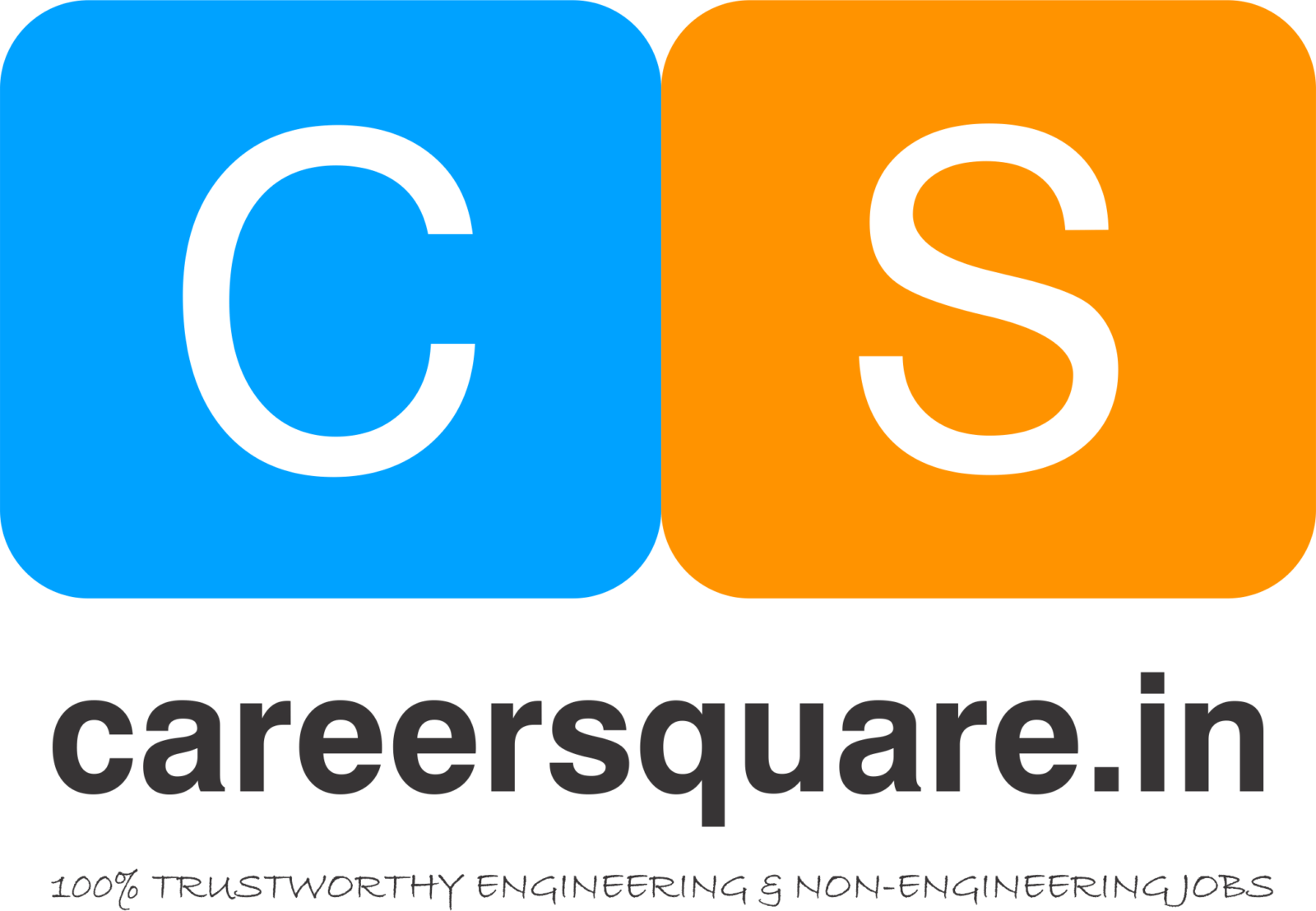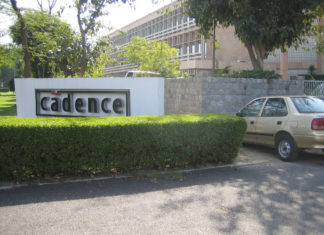Job description:
Ushva is conducting an interview for the post of Hardware Engineer.
Job duties and responsibilities:
As an IoT hardware engineer, your role involves designing, developing, and implementing hardware components and systems for Internet of Things (IoT) applications. Here’s an overview of the responsibilities and skills typically associated with this role:
Essential responsibilities:
- Hardware Design: Designing and developing IoT hardware systems, including circuit boards, sensors, actuators, and communication modules.
- Prototyping: Building and testing prototypes to validate the functionality and performance of IoT hardware designs.
- Component Selection: Choosing appropriate electronic components, such as microcontrollers, sensors, wireless modules, and power management circuits.
- PCB Design: Creating printed circuit board (PCB) layouts, considering factors like size, power consumption, signal integrity, and manufacturability.
- System Integration: Integrating hardware components with software systems and ensuring seamless communication and data transfer.
- Testing and Debugging: Conducting tests and troubleshooting hardware issues to ensure quality, reliability, and compliance with specifications.
- Documentation: Creating detailed technical documentation, including schematics, design specifications, and test reports.
- Collaboration: Collaborating with cross-functional teams, such as software engineers, firmware developers, and product managers, to ensure successful IoT system implementation.
Skills required:
- Electronics Design: Strong knowledge of analog and digital circuit design, schematic capture, and PCB layout tools.
- Microcontrollers and Embedded Systems: Experience with microcontroller programming and interfacing with various sensors and actuators.
- Wireless Communication: Familiarity with wireless protocols such as Wi-Fi, Bluetooth, Zigbee, or LoRaWAN for IoT connectivity.
- Sensors and Actuators: Understanding of different types of sensors (temperature, humidity, motion, etc.) and actuators (motors, relays, etc.) commonly used in IoT applications.
- Power Management: Knowledge of power supply design, battery management, and energy-efficient hardware design techniques.
- Testing and Debugging Tools: Proficiency in using tools like oscilloscopes, logic analyzers, multimeters, and soldering equipment for hardware testing and debugging.
- Industry Standards and Regulations: Familiarity with relevant industry standards and regulations for IoT hardware, such as safety certifications and electromagnetic compatibility (EMC) requirements.
- Problem-solving and Analytical Skills: Ability to analyze complex hardware issues, identify root causes, and implement effective solutions.
- Documentation and Communication: Strong documentation skills to create clear and concise technical documents, as well as effective communication skills for collaboration with cross-functional teams.
Job/Req. ID: N/A
Company: Ushva
Location: Mumbai, MH
Job Category: Electronics Engineering
Join all India Electronics Jobs Telegram Group
Join all India Electronics Jobs WhatsApp Group








